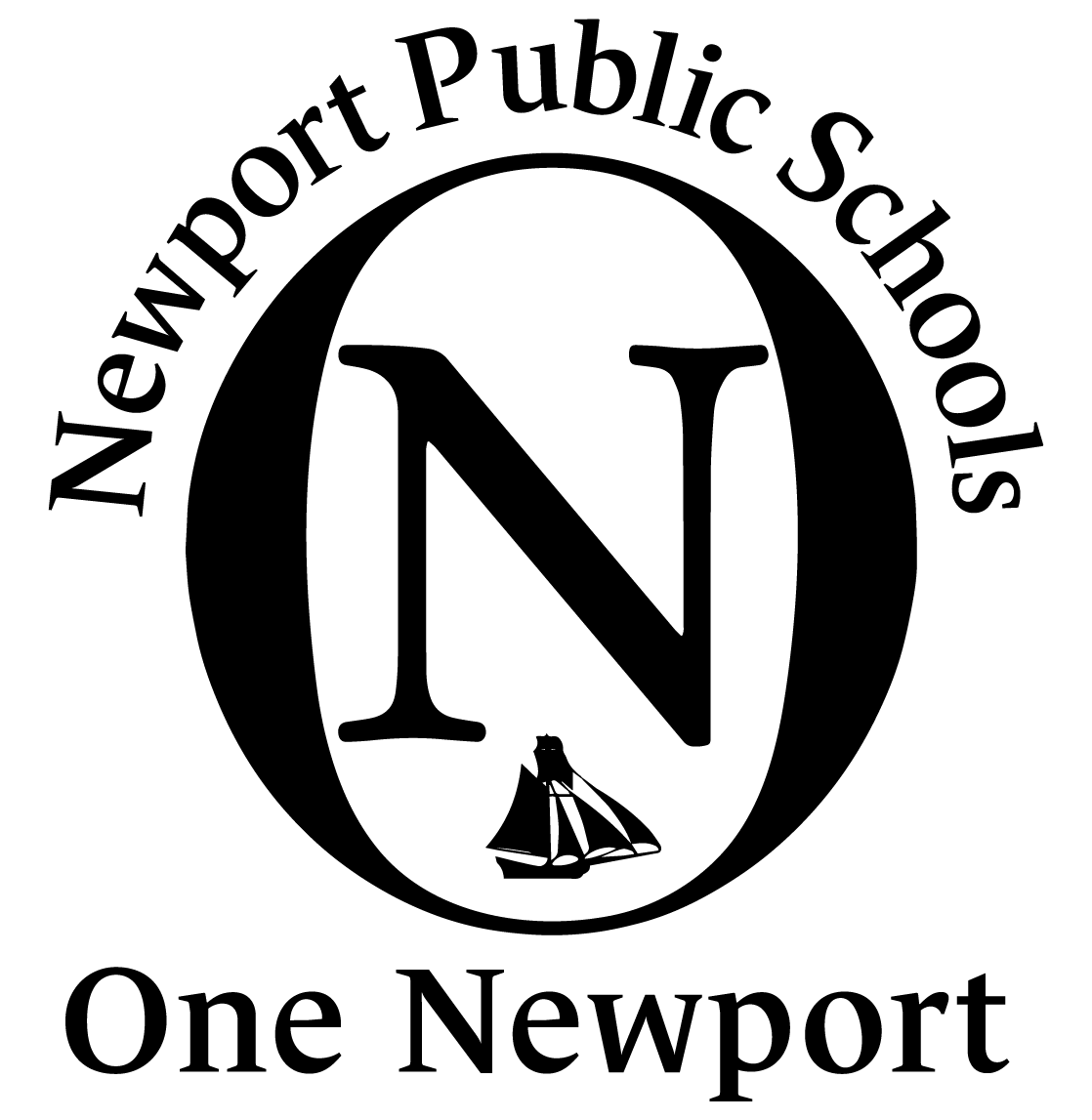Class Handouts
Syllabus, Grading and Classroom Management Policy
Grade 6 Reading
Mrs. Brownell – Room 110
Grading Policy
Class work 50%
Assessments 50%
Class work – Guided, Group, and Independent Work, Read 180 R-Books, Novels, Other Readings, Computer Rotation, work on Personal Literacy Plan (PLP) targets
Assessments - Quizzes, Test, Writing Assignments, Assessments, Teacher Conferences, progress monitoring of Personal Literacy Plan targets (PLP)
Syllabus
Term 1: Unit of Study – What Strategies Do Good Readers Use? How Do We Apply Strategies to a Variety of Genre, (Focus on fiction-Horror and Poetry), How Do We Demonstrate a Basic Understandings of Text, How Do We Support our Analysis and Interpretation of Texts?-Poe: The Master of Horror
Term 2: Unit of Study – How Do We Apply Reading Strategies to Non-Fiction Text in our World, Making Connections to Content Area Text(s) - Stolen Childhoods
Term 3: Unit of Study – Taking a Deeper Look at Non-Fiction Text-Cause/Effect, How Do Authors Use A Variety of Text Features and Devices to Convey Meaning in Non-Fiction Text? (Connection to Grade 6 Science/ELA-Narragansett Bay-Diversity of Life Unit of Study)- Invasive Species
Term 4: Unit of Study – Taking a Deeper Look at Non-Fiction Text-Compare and Contrast, Connection to Memoir, Personal Narrative Text-Turning Points
***Word Work, Vocabulary and Reading Fluency are reinforced throughout each unit of study.
Classroom Management Policy-classroom rules
POWER in the classroom is expected every day.
· Participate, Be prepared & Organized with pencil, materials and homework
· Work Hard
· Respect Self, Others, School Property
· Follow Directions 1st Time they are given.
· Use Accountable Talk (text, task, community)
Powerful Consequences=Grades, Tickets-prizes, Field Trips, Recognition of Accomplishments
NOT Powerful Consequences=
1. Verbal Warning
2. Name on Board (move seat if necessary)
3. Class Detention call/email home
4. Dean
